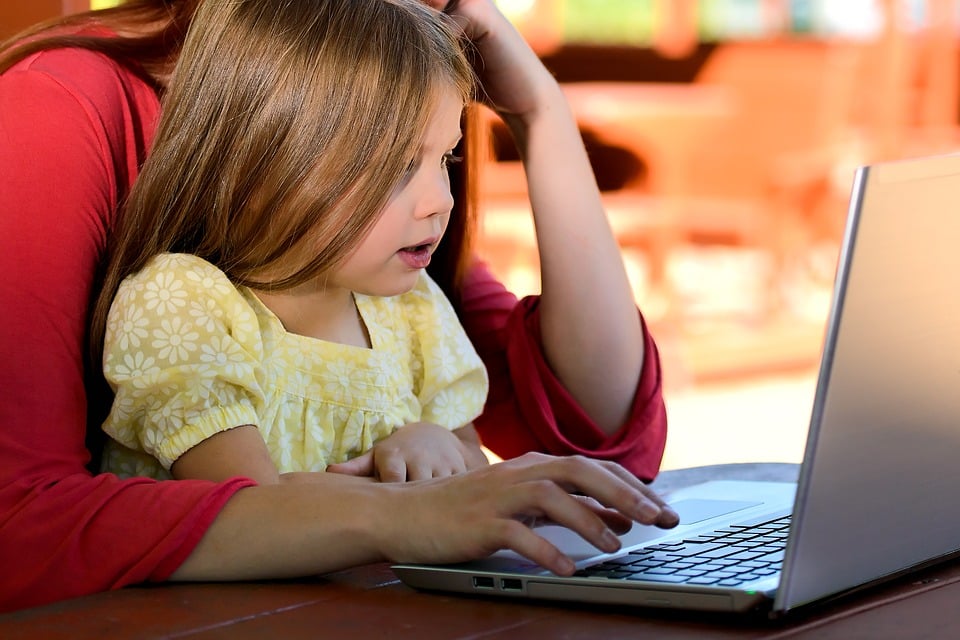The COVID-19 pandemic has caused many disruptions in the education sectors, with more than 1.2 billion children forced to stay out of school. Recent research by the UNESCO Institute of Statistics shows that around 826 million students cannot access a computer at home. The research further says 706 million students are not connected to the internet, while 56 million live in areas that do not have mobile phone coverage.
In places where students have no access to computers or the internet, focus has turned to television and radio as an alternative to offer learning.
Africa leading in the use of TV and radio
Africa is leading in terms of countries that are using TV and radio at 70%. In fact, students from 34% of African countries are combining both TV and radio. Although there are many TV-based distance education programs produced in Europe and North America, the region seems to be using less TV and radio in learning than other regions.
In some countries, TV, and radio are used to offer learning to students alone. They are seen as an intergenerational tool of learning that can be used in different languages. They are good for teaching issues like health and psychosocial well-being as aspects of the battle against COVID-19. Many challenges hinder the use of TV and radio to offer learning:-
- There is very little educational content available in audio and visual form.
- Many countries cannot produce high-quality content within a short time.
- There are very few partnerships for the design and broadcasting of educational content.
- TV and radio present a challenge with evaluation and monitoring.
The need for collaboration
There is a need for collaboration between educators, broadcasters, and education authorities if radio and television-based educational programs are to be successful. Although these sectors are different from each other, they complement one another in the development and production of content.
In Mauritius, the education ministry has set a special working group to develop educational content for radio and television. The group is made of departments of primary and secondary education, volunteer teachers, curriculum development agencies, the Open University of Mauritius, inspectors of primary and secondary education, and broadcasters.


